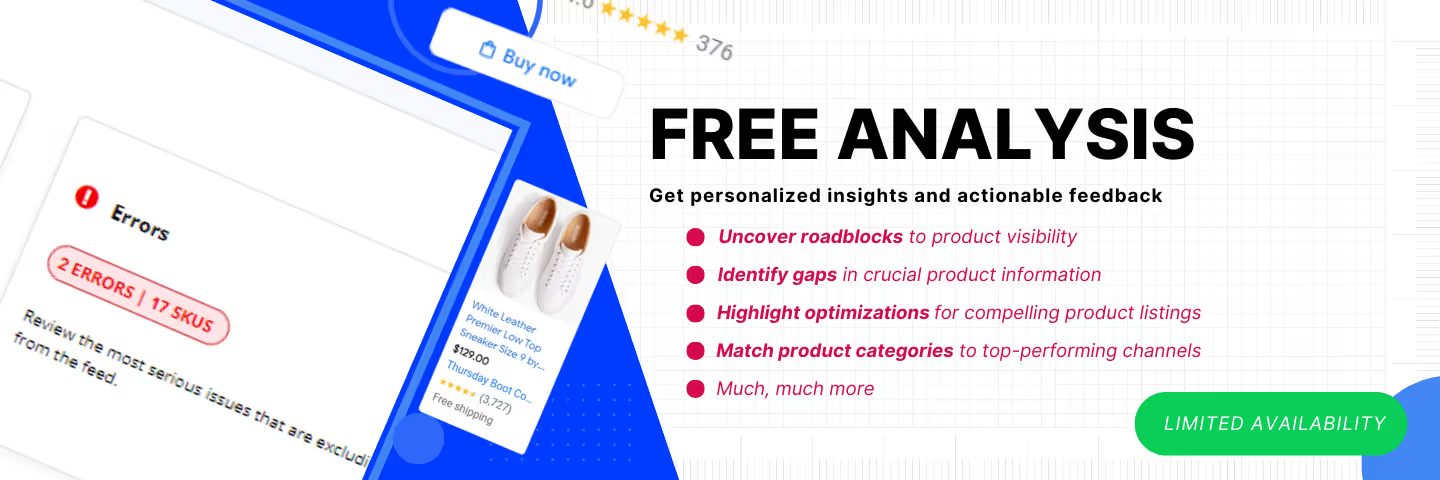What website has the reach of Amazon, serves as a model for Etsy, and has made big investments in Pinterest?
You may not even recognize the name Rakuten. But this online marketplace serves over 90% of Japanese internet users. The site has been called the “Amazon of Japan.” And in 2013, Fortune called it the “Biggest E-Commerce Site You Haven’t Heard Of.”
Now you know Rakuten’s name. Read on to learn about their unique history, big vision, and, of course, why you might want to sell your products on their marketplace.
Big Goals from the Start
Rakuten’s goal is to be the #1 internet services company in the world. And they are not afraid to share it. They are also well on their way to reaching that goal.
Rakuten began as MDM, Inc. in 1997 with six employees and 13 merchants. At the time, online marketplaces seemed too foreign and futuristic to be a household reality.
But Rakuten, which was renamed in 1999, knew the potential of internet shopping. Within four years of being launched, the company made a goal to make 1 trillion yen in gross merchandise sales.
Rakuten reached that goal in 2011. At the time, they had grown to 38,000 online stores. As of late 2015, that number has grown to over 42,000.
'When You Run an Mega Marketplace but Ball is Life'
Before their global expansion, credit card services, and 1 trillion yen gross transaction volume, Rakuten set their sights on an endeavor that was every bit as serious – at least in the land of the rising sun: Japanese professional baseball.
In 2004, the company founded the Tohoku Rakuten Golden Eagles, managed by Rakuten Baseball, Inc. The team plays in the Japan Nippon Professional Baseball Pacific League and even won the Japanese championship in 2013.
Customer Service Is Second-to-None
In Fortune’s 2013 coverage of Rakuten, CEO Hiroshi Makitani describes what separates Rakuten from other big online marketplaces like Amazon: the customer experience.
Reflecting the priority that Japanese businesses place on personalized service, Rakuten wants both its customers and its merchants to enjoy a memorable experience while buying and selling online.
When you visit different Rakuten stores, you really get a feel for who you’re buying from. Vendors can customize their stores to fit their personality and the buying experience they want to create.
Rakuten wants to be seen as not just hosting stores, but building brands.
Egg Farming and the Human Side of Ecommerce
Rakuten allows small businesses to reach 90% of Japan’s internet users, benefitting both the vendors and showcasing Rakuten’s unique approach to online sales.
Back in 1997, a local farmer approached Miktani about selling organic, antibiotic eggs through Rakuten. Miktani wanted the marketplace to embrace the human side of ecommerce and agreed to let the farmer add his store to the website.
Fifteen years later, the farmer sells over half a million eggs a day, posting personalized updates and content on the site for users to enjoy and interact with.
Rakuten Is Coming for the World
For the first 15 years of Rakuten’s existence, few people outside Japan were aware of its existence. The online marketplace hopes to change that by expanding its reach globally through investments and acquisitions.
The expansion and globalization efforts really began in 2010, when Rakuten began an “Englishization” project to convert its official corporate language to English.
Notable investments and acquisitions include:
- In 2010, Rakuten acquired American ecommerce site Buy.com, as well as French ecommerce site PRICEMINISTER.SA.
- In 2012, Rakuten acquired Canadian eBook service Kobo, Inc.
- In 2014, Rakuten acquired mobile messaging service Viber.
- The company currently has stakes in the American social media platform Pinterest.
Retailers enjoy the freedom of customization and personal branding through Rakuten. The marketplace’s customer service model and lack of standardization has made it one of the biggest names in Japan, serving as a model for other ecommerce sites around the world.





%20).png)

%20).png)